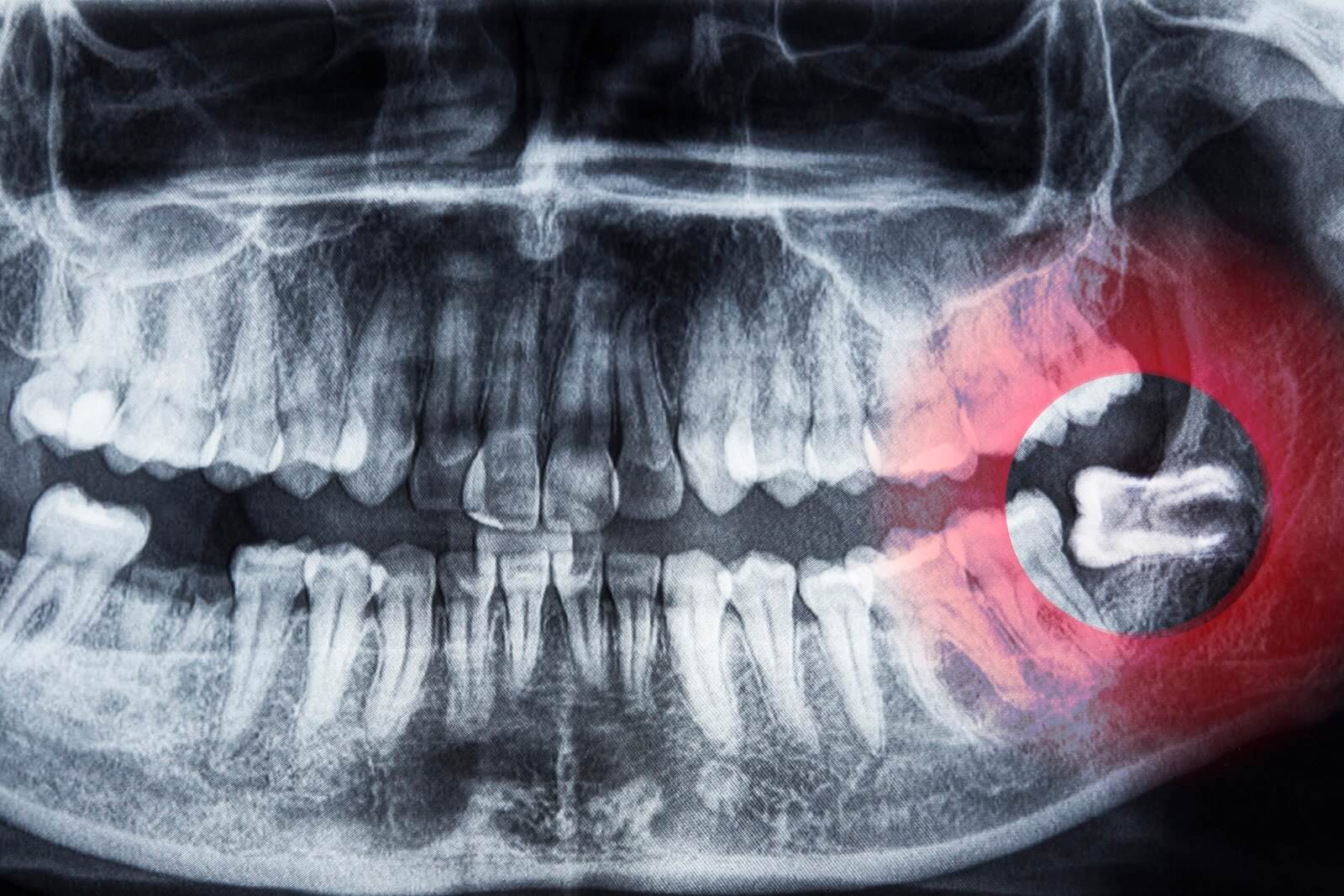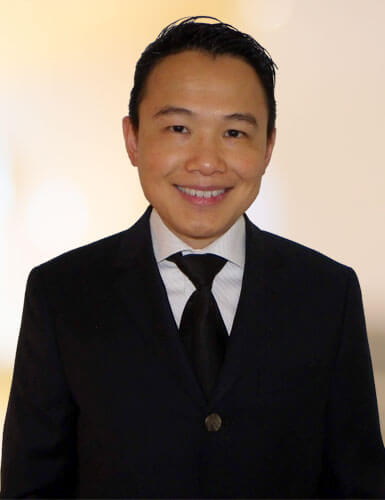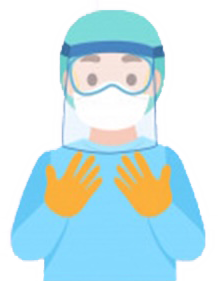Everything You Ever Wanted to Know About Wisdom Teeth
Posted: October 28, 2020
Last Modified: June 6, 2022

While it would be great if wisdom teeth actually made you wiser, there’s actually a lot you can learn about them and about how they impact your mouth. You may never know you have them, or you may wake up one morning as a young adult unable to think about anything other than the new pain in the back of your mouth. Today, we’re going to demystify the wisdom tooth, explain how they impact your other teeth, and tell you what to do if you notice your wisdom teeth are coming in.
Why Do We Have Wisdom Teeth?
Your jaw only has room for 28 teeth, so why do humans seem predisposed to produce 32? Current archeological theories hold that since our ancestors ate tougher, harder food than we do, their jaws were put through more stress at a younger age, encouraging growth and allowing the wisdom teeth (or the third molars) to erupt naturally.
However, modern humans tend to eat much softer food than our ancestors did, especially as children, which could explain why our jaws aren’t put through the same paces and, as a consequence, don’t grow as much. Since there’s archeological evidence to support the idea that diet influences jaw size, it remains the dominant theory at this time.
When Do Wisdom Teeth Have to be Removed?
Because our jaws don’t necessarily grow enough to accommodate all our teeth, what frequently ends up happening is that when wisdom teeth erupt, they come in at an angle that impacts the neighboring teeth. This can cause jaw pain, bite problems, and can even damage your bones and nerves.
Your dentist will be able to tell whether or not your wisdom teeth need to be removed. If your teeth grow in and don’t negatively affect the oral health of your mouth, there’s no reason why you shouldn’t keep them. At Dr. Elston Wong Dentistry in Barrie, we generally only recommend removal when there’s a demonstrated or high risk of pathology.
How Do I Tell When My Wisdom Teeth Are Coming In?
Some people may not even notice when their wisdom teeth come in. For others, it may be all they can think about. Your wisdom teeth will typically show up in your late teens or early twenties, and if you feel them coming in, it’ll probably feel something like this:
- Slowly increasing pain behind your molars at the back of your mouth
- Redness, tenderness, or swelling of the gums near your back molars
- An oral infection as the wisdom teeth begin pushing through the gums
- Cavities may develop as food is trapped between your back molars
- Your other teeth may shift as they are pushed out of place by the wisdom teeth
The Risk of Impacted Wisdom Teeth
Wisdom teeth can become impacted if your other teeth or your jaw prevent them from coming in as they should. When this happens, the wisdom teeth could cause the development of cysts or, in extremely rare cases, tumors. If you notice that your wisdom teeth are causing you pain or discomfort, it’s best to have them evaluated by your local dentist.
What if I Don’t Have Wisdom Teeth?
Getting your wisdom teeth pulled is a common TV sitcom trope, but in reality, not everyone has them to begin with. If you only have one wisdom tooth, or if only one set of your third molars are coming in, don’t panic – there’s nothing wrong with you. In fact, the Dental Research Journal estimates that 5-37% of people are missing at least one of their third molars.
Orthodontic Services After Wisdom Teeth
If your wisdom teeth erupted and pushed your second molars out of the way, you may require a dentist’s orthodontic services. These can help straighten the teeth back out, allowing you to chew without unevenly impacting other teeth or contributing to jaw pain. If you’re not sure whether you require orthodontic services or not, your dentist will be able to evaluate the overall health of your mouth and whether your teeth would benefit from realignment.
To learn more about our orthodontic services, or to inquire about an appointment, call us at (705) 721-1143. You can also chat with us online or send us a message.


